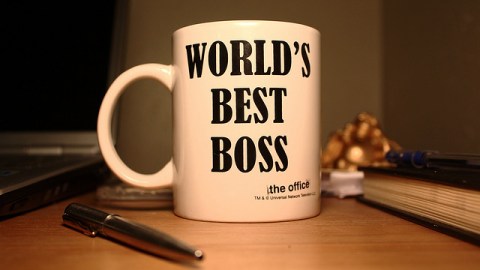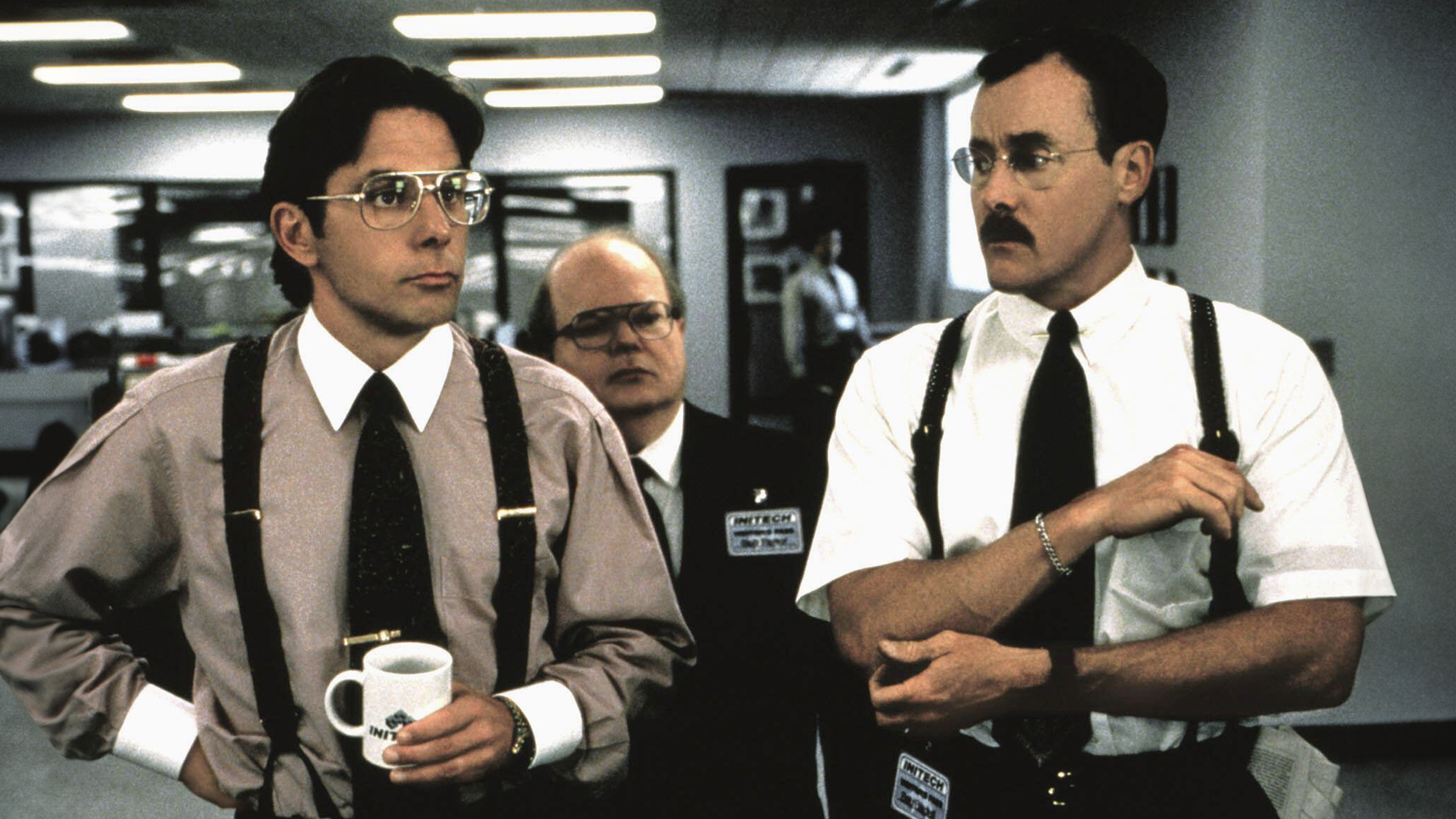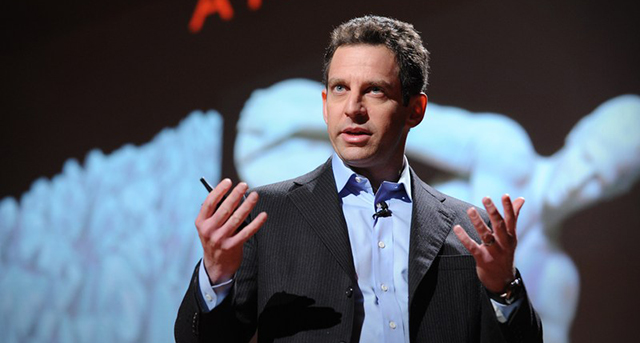Trying Way Too Hard To Be “The Cool Boss” Will Make Your Employees Hate You

“Why don’t I tell you what my greatest weaknesses are? I work too hard. I care too much. And sometimes I can be too invested in my job.“
Michael Scott’s dualistic confession above sums up one of the most glaring of his many, many, many weaknesses as a boss in the American version of The Office. Even though the character was the stuff of fiction, what makes him so funny was the degree to which Steve Carell’s performance exists in concordance with the silly faux pas we watch our own bosses make each and every day.
Carell was always at his funniest in situations when Michael’s desperate attempts to boost office morale blew up in his face. According to William Craig at Forbes, the results of similar real world instances tend not to be so amusing. Craig details several mistakes bosses make when they get too carried away with employee happiness:
1. The 24/7 Nanny: Much to many bosses’ chagrin, employees are not employees for all 168 hours of the week. This means that employers need to honor their workers’ personal time. It also means that, as a boss, you’re not always responsible for your employees’ happiness:
“Employees have plenty of their own reasons for being less than enthusiastic on any given day. If their discontent has something to do with working conditions, then you have your work cut out for you. But if it’s something to do with their personal lives? Well, then, that’s really not your concern unless it starts to interfere with their work.”
2. The Best Buddy: No matter how progressive your company is with regard to its personnel hierarchy, there needs to be a mutual respect in place between a boss and his or her subordinates. Each of these roles comes with different responsibilities for maintaining that respect. For a boss, that means fighting the urge to be your workers’ best friend:
“Everybody wants to be liked. And, yes, to a certain extent, being a likeable boss is pretty essential to morale. Just keep in mind that being liked and being effective are not always the same thing.”
Basically, a supervisor should strive for objectivity. Sometimes objectivity butts heads with established relationships. You can’t let personal feelings get in the way of delivering necessary criticism and exerting authority in certain situations.
You also don’t want be viewed by your workers as a wild child. If you’re going out drinking all the time with your employees, or if they see you a light not becoming of an authority figure, they’re going to doubt your capabilities and lose respect. No one wants to work for somebody in whom they don’t have confidence.
3. Going Overboard with Engagement: There were a lot of moments in The Office when the visibly-miserable employees were forced to attend yet another office party, get-together, or social event. Michael, of course, was beaming the entire time. Just as too much of a good thing can be a bad thing, too much employee engagement will leave workers bored and bemused:
“You might be temporarily improving their happiness with relentless boondoggles, but too much of a good thing and they’ll stop putting in the effort to catch the proverbial string. Simply put, they’ll be happy and probably complacent, but they won’t be engaged. And they certainly won’t do their best work.”
In short, do your best to suppress the whims of your inner Michael Scott. Craig astutely points out that the best ways to boost workers’ morale is to provide them with opportunities to secure their own happiness rather than forcing situations upon them. Mandatory fun, after all, is a lot more mandatory than it is fun.
Read the entire article at Forbes
Photo credit: Kumar Appaiah / Flickr




